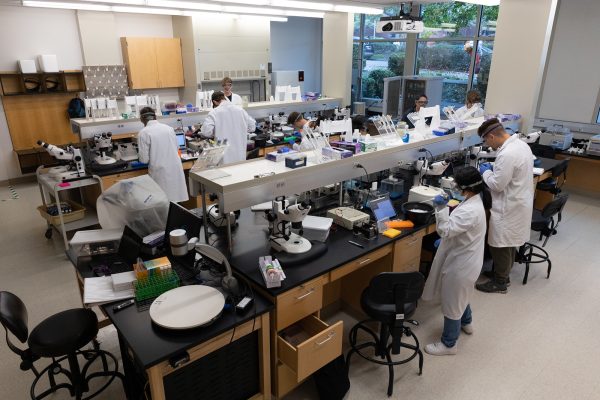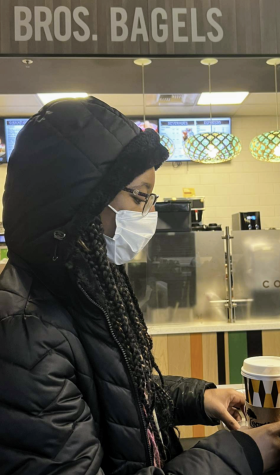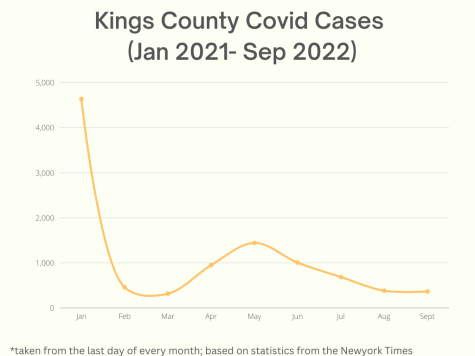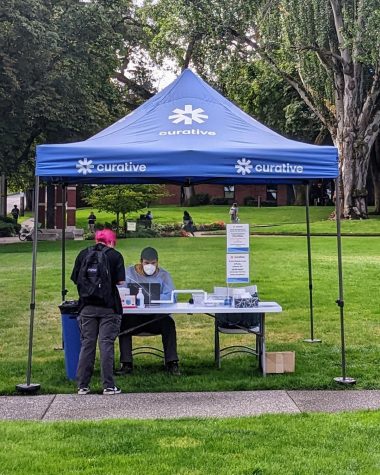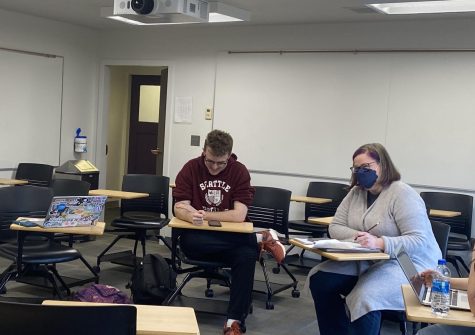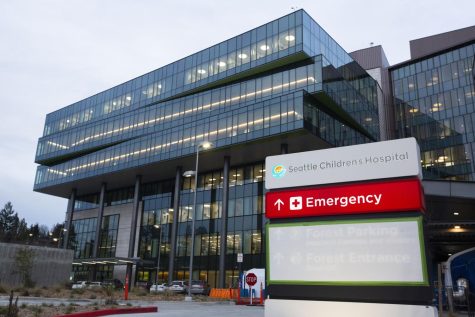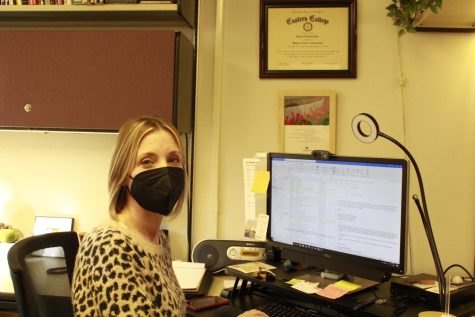Local homeless shelters coping with COVID-19
As COVID-19 pandemic impacts Washington State, homeless shelters are forced to adapt to the new normal
October 14, 2020

In the midst of the COVID-19 pandemic, while many are isolated or in quarantine, those experiencing homelessness have found themselves in a dire situation.
Local homeless shelters are rapidly working to respond to the homelesness crisis, which has become more and more difficult during COVID-19. Homeless individuals are unable to quarantine if they are infected with the Coronavirus while living on the streets, making containing the virus within the homeless community all the more difficult.
One of the local shelters in Seattle is the Union Gospel Mission Men’s Shelter. Union Gospel Mission is a Christian-based homeless shelter that’s mission is to “bring the love of Jesus and hope for a new life to our homeless neighbors”.
Scott Cleveland, the senior director of the Union Gospel Mission men’s shelter, discussed how the day to day operations of the shelter have shifted during COVID-19.
“It has pretty much changed everything in a nutshell, prior to COVID-19 we were serving our outside guests in King County and Seattle, who might not be ready for the program yet, but may need a meal, hygiene products or to just stay the night with us in the shelter. We don’t do that right now because there is no way to safely do that,” said Cleveland.
The shelter was able to accommodate more services and help the homeless population more prior to the pandemic.
“Prior to COVID-19, we served 1200 meals a day downtown and slept 180 guests in the shelter at night. So right now, we are not doing that leg of our ministry,” Cleveland explained.
The Union Gospel Mission has diverted resources from the day to day outside guest operations to their core program that focuses on rehabilitation.
“We had two teams at the shelter before COVID-19. One was for emergency services and the other team was specifically for the program. What we have done is do what we call the COVID-Pivot. We have taken all of the jobs positioned to help our outside guests, and focus them on folks who are going through the program,” said Cleveland.
Cleveland believes religion and Christianity play a huge role in the program during these uneasy times.
“Even AA (Alcoholics Anonymous) and most support groups have a higher power. So it is a crucial piece to the puzzle for folks that tend to be in recovery or change of any sort. It seems like now more than ever, folks are really considering a higher power. And of course, for us that means Jesus and we feel like transformation happens from the inside-out and that’s through the spirit of the lord,” Cleveland explained.
Another local homeless response project in Seattle is the Low Income Housing Institute Tiny House Villages. The LIHI villages are focused on long term transitional housing for those displaced by homelessness.

Amanda Eason, the Tiny House Villages Essential Needs Coordinator, described how COVID-19 has impacted the villages.
“It has changed a lot. Most people are encouraged to stay in their tiny house, whereas before, community was a really critical aspect of the program. Building community within the tiny house village made a big difference for a lot of people, and now they are encouraged to stay in their houses,” said Eason.
The pandemic has led to more stress as residents have faced isolation due to the fact that they cannot have overnight guests. However, the villages have not yet had a COVID-19 case.
“No one has tested positive for COVID-19, obviously things could change any day, but that has been really amazing. We have 12 tiny house villages and no one has COVID-19. It really is evidence that these tiny house villages are an amazing solution to the public health crisis that is happening in the homeless population in Seattle,” explained Eason.
LIHI has plans to add three new villages to the Seattle area in the coming months.
Residents have struggled to keep a positive attitude, which is why mental health awareness is on the forefront of the site managers’ minds.
“I think that it has been a big national conversation during the pandemic, and the mental health issues that have resulted from it. We are social creatures and being in isolation is not good for us, but it is necessary to keep us healthy,” said Eason.
Fourth year interior design student, Michael Fraser, who has worked closely with LIHI, believes the Tiny House village project has had an important impact on homlessness response throughout Seattle.
“Humans have basic psychological needs and if these are not satisfied, instability is to be expected. Housing is one of these basic needs. The Tiny House Villages provided by LIHI are essential to creating stability for the homeless. The amount of untapped potential we are missing out on because we fail to keep our neighbors sheltered, keeps me up at night”, said Fraser.
As our city continues to battle COVID-19, local shelters work tirelessly to address the homelessness crisis in a manner that keeps volunteers, employees and the homeless population safe.

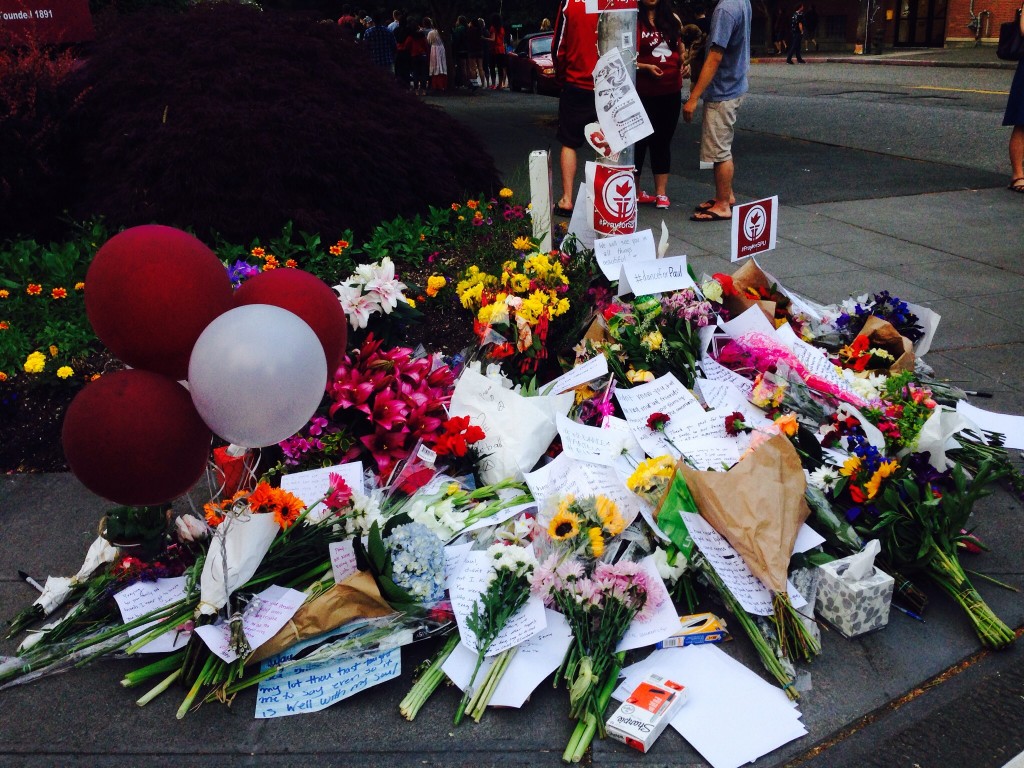


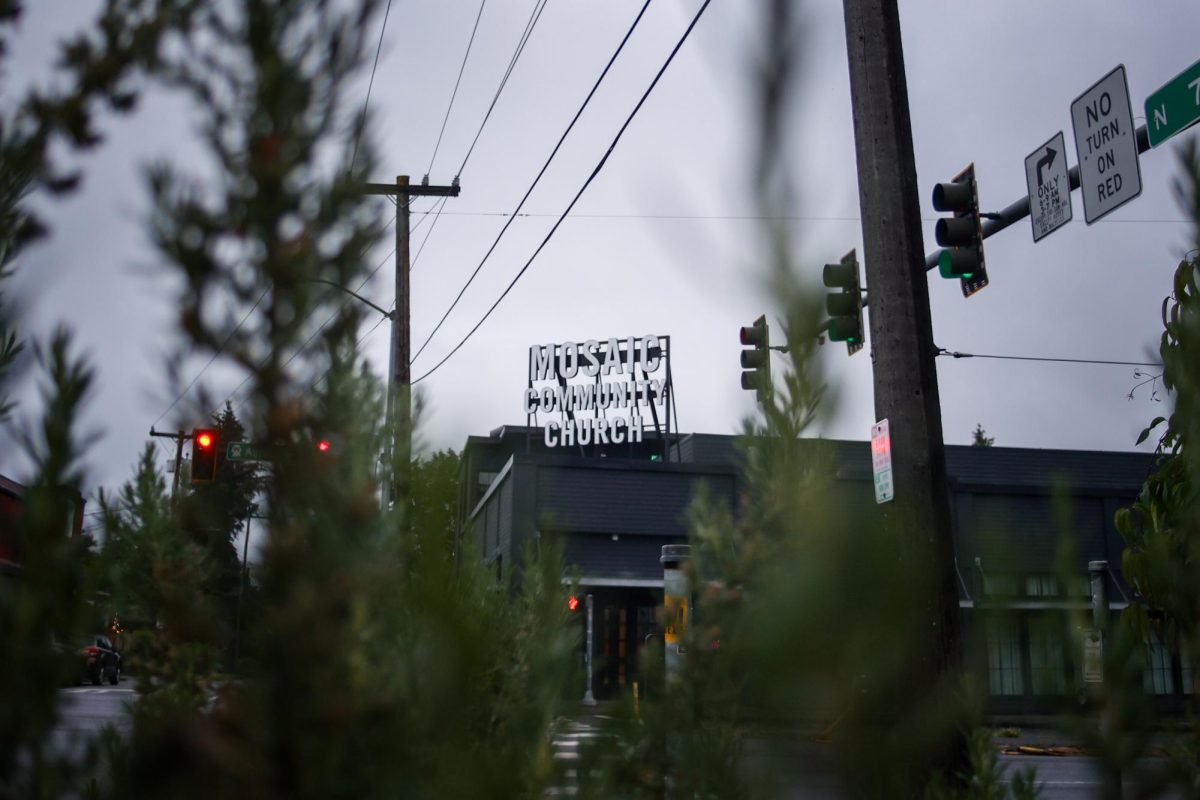
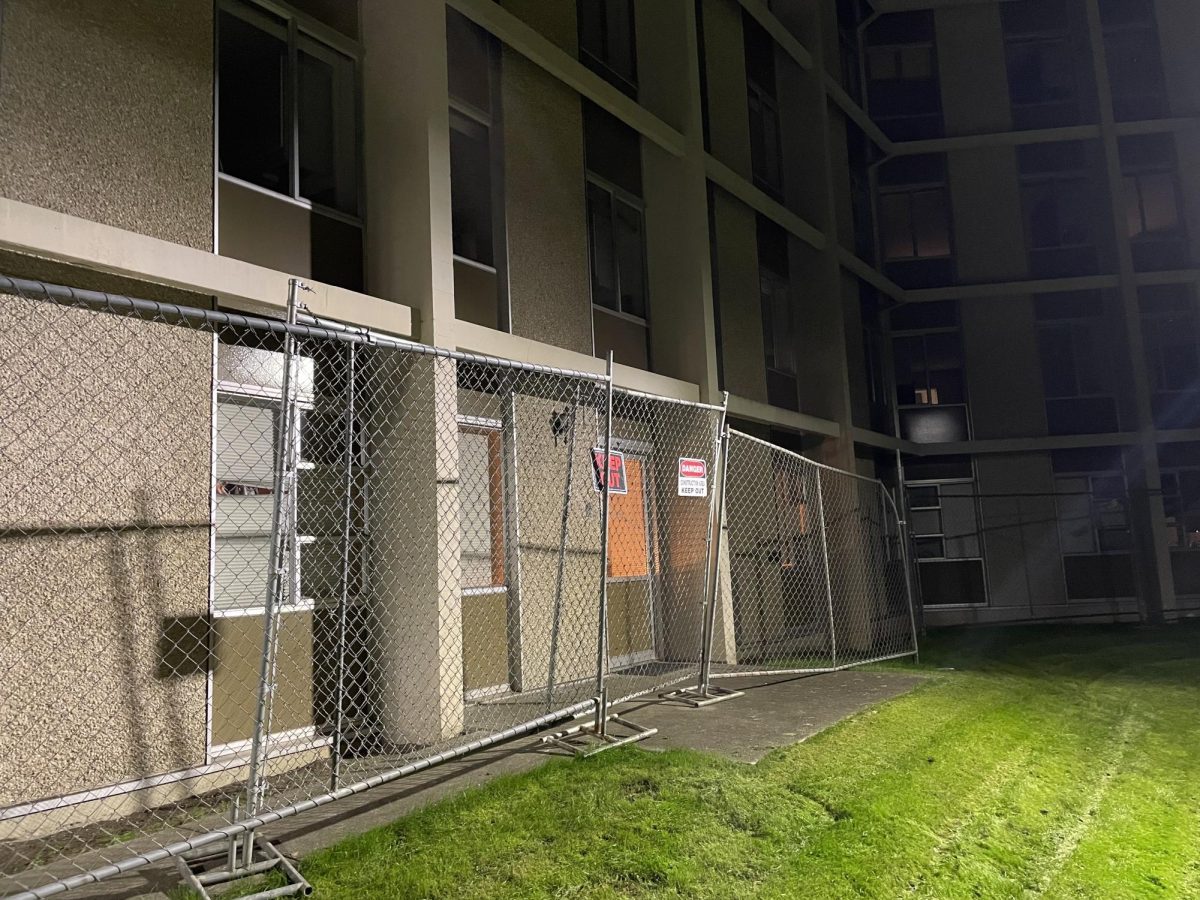













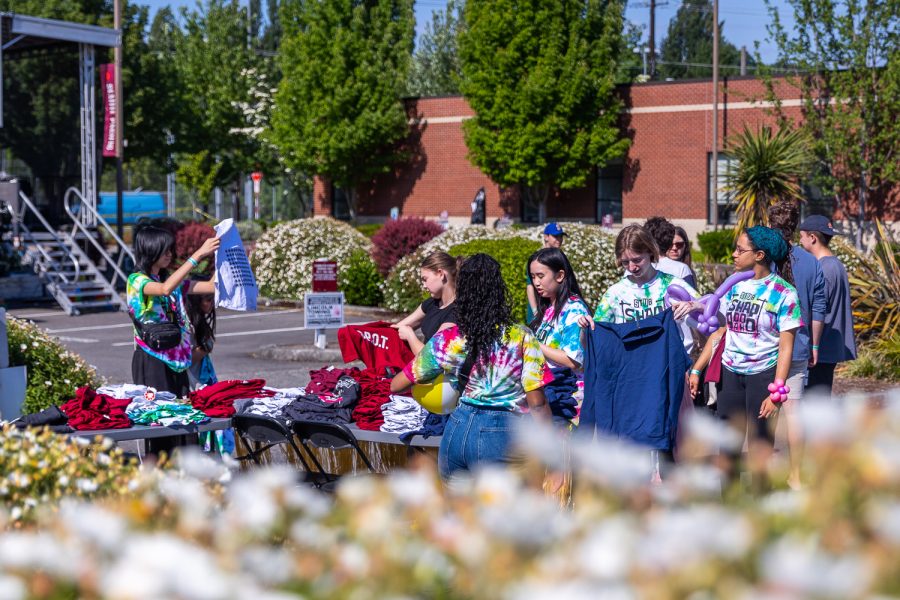
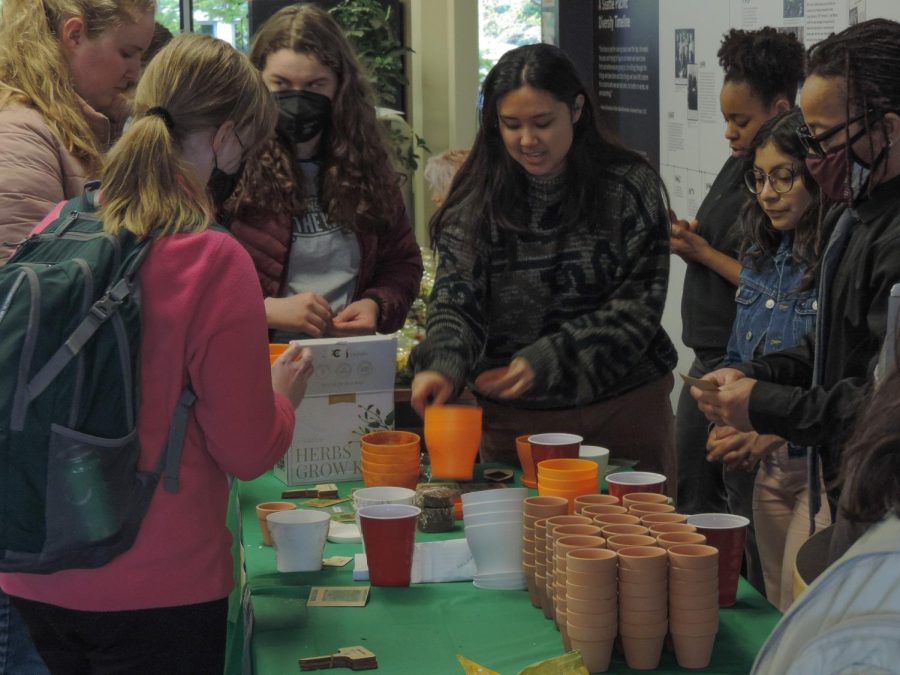



















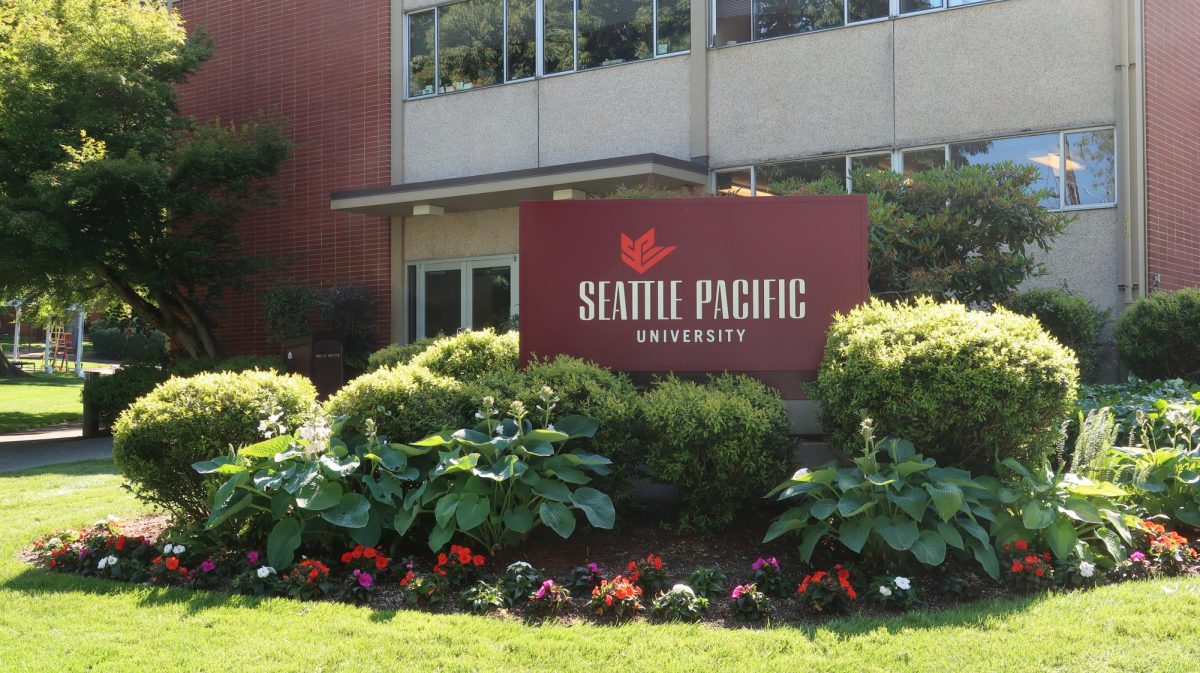


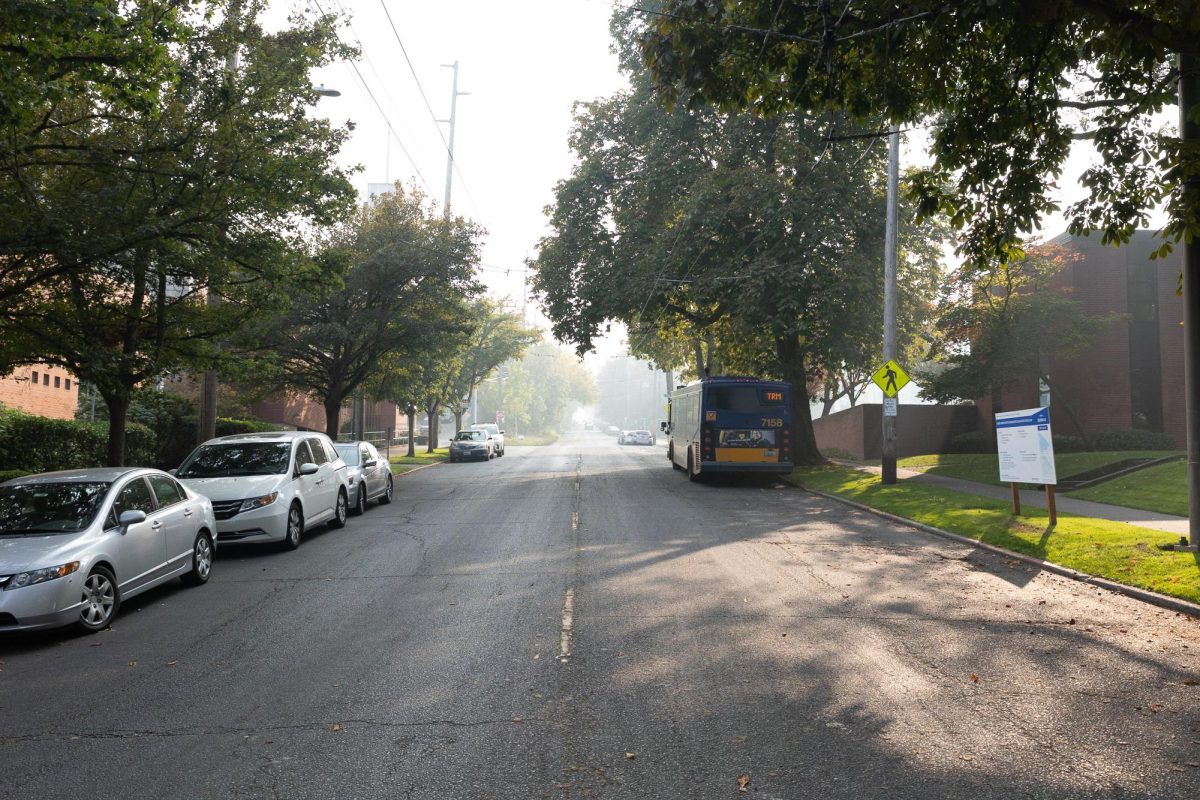



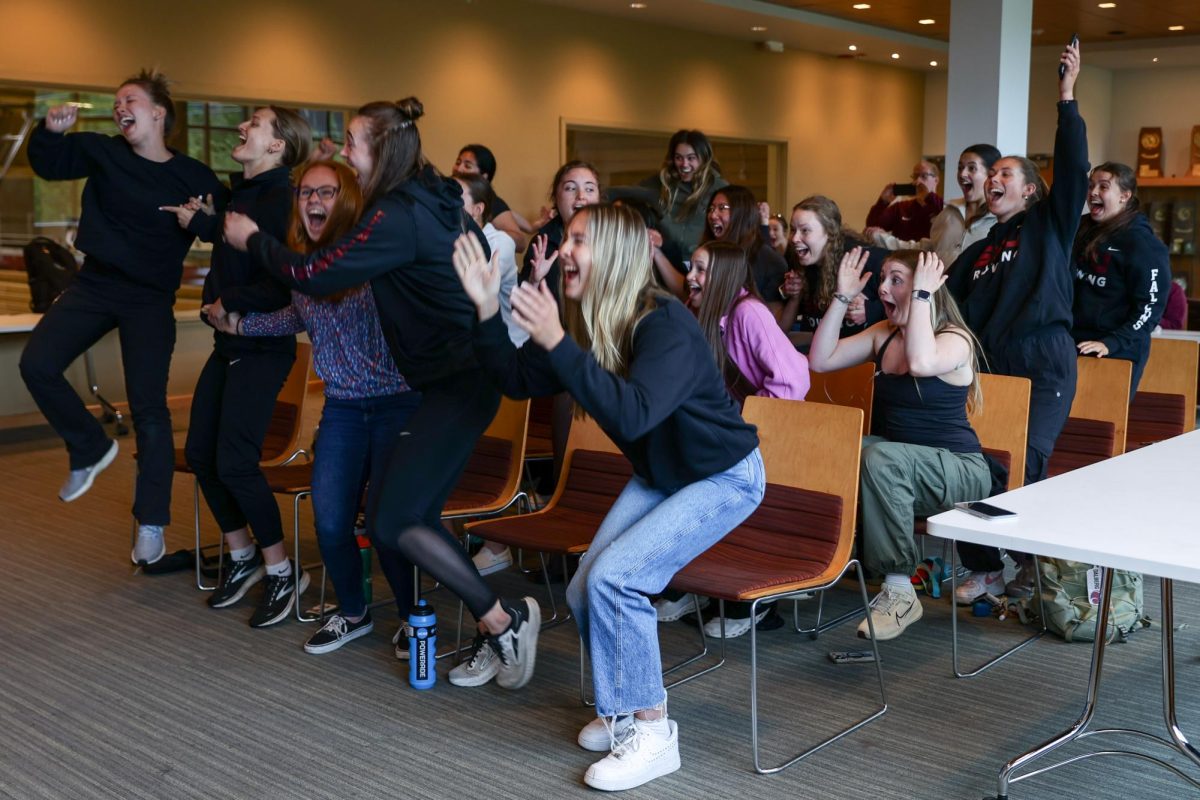





































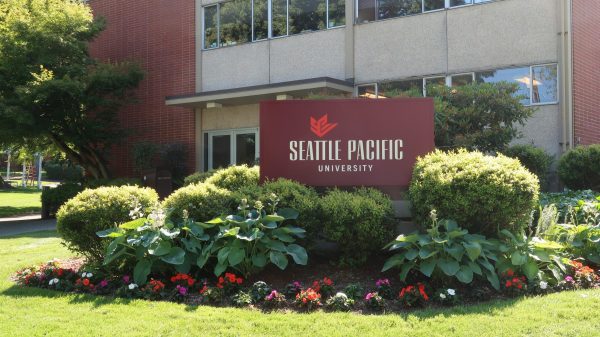

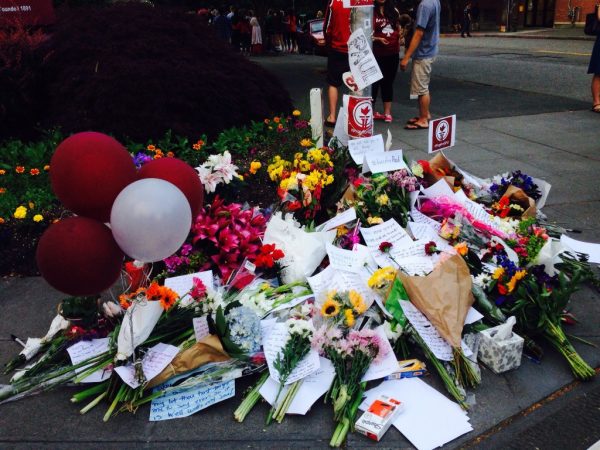



![Queer joy at SPU’s [Redacted] Fest](https://thefalcon.seapacmedia.com/wp-content/uploads/2024/05/04_14_23_9999_1-600x400.jpg)
